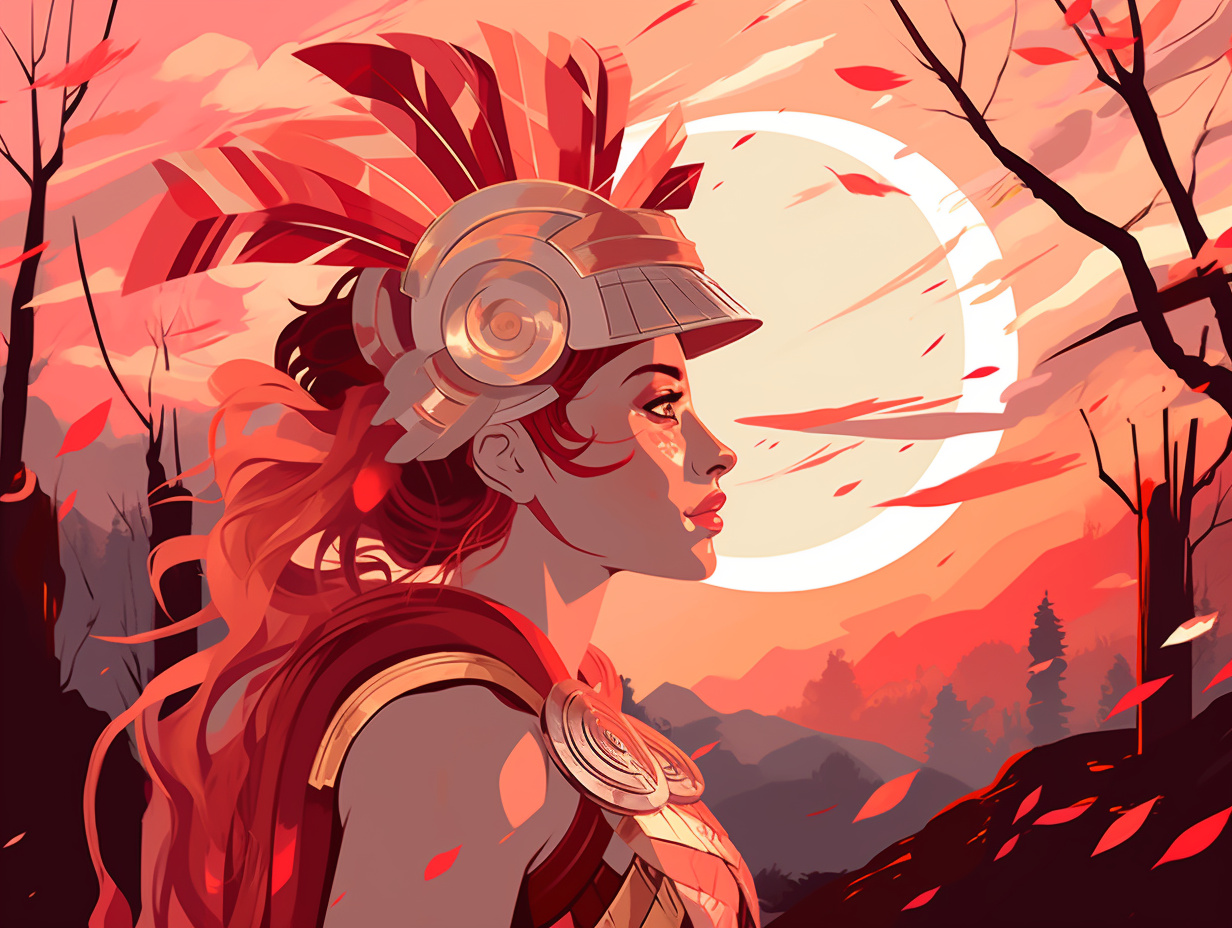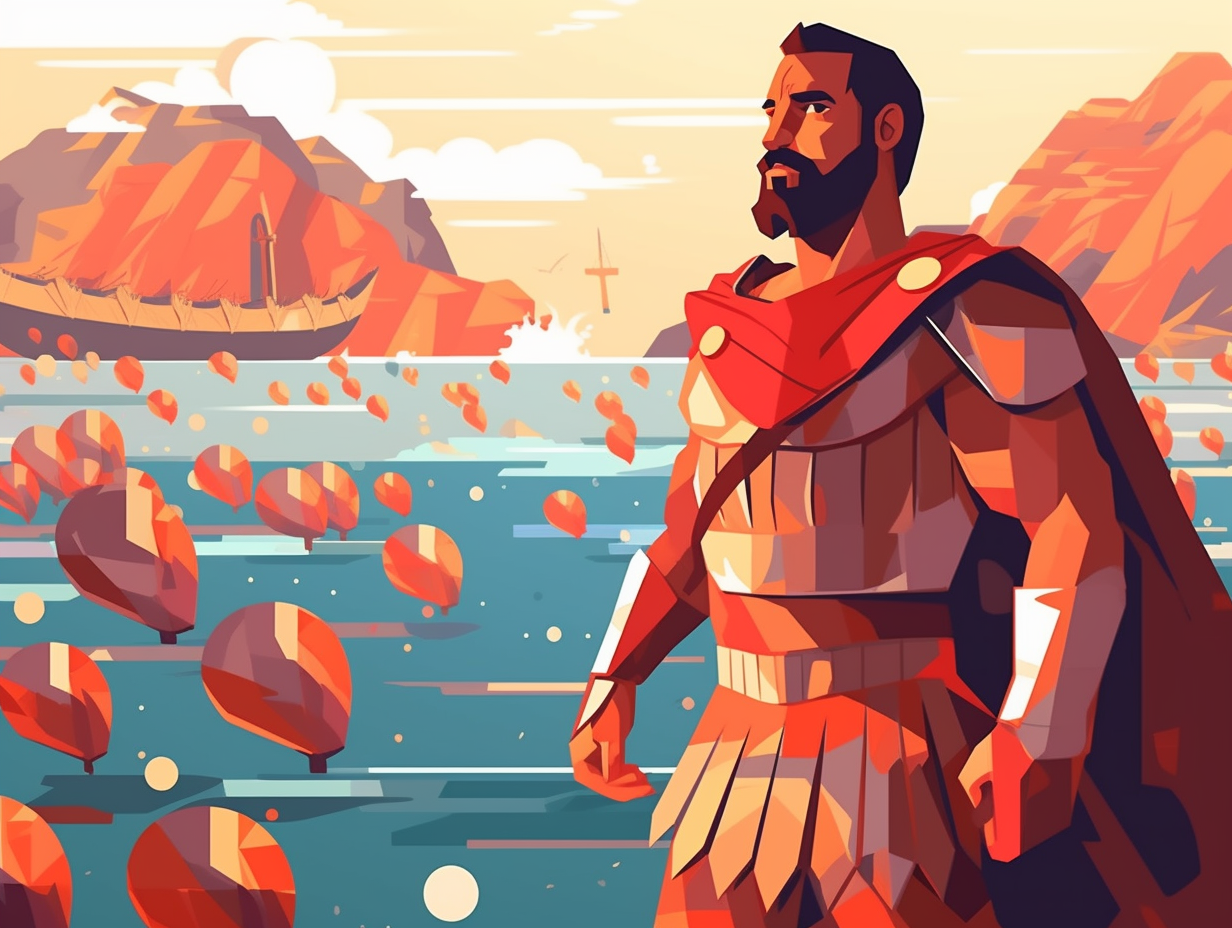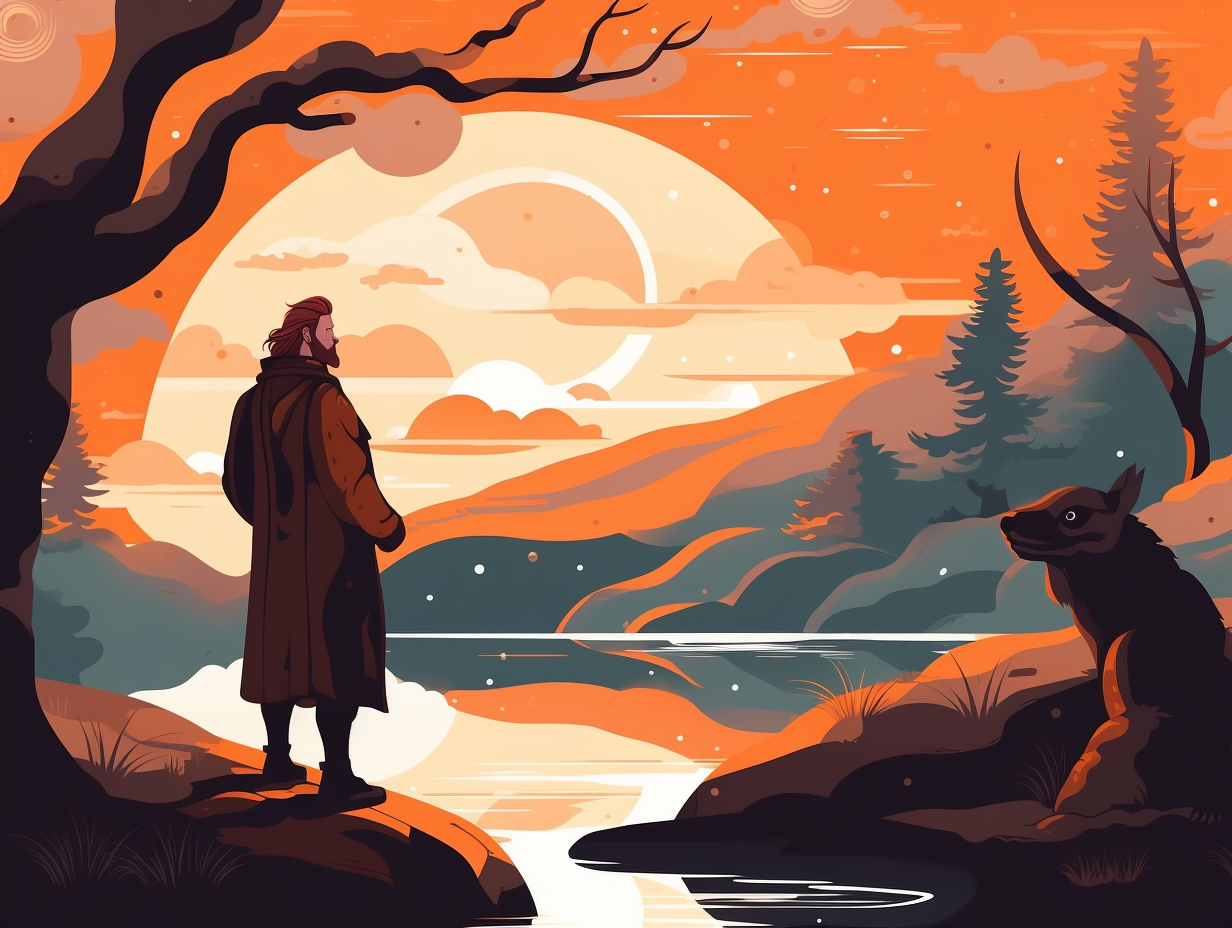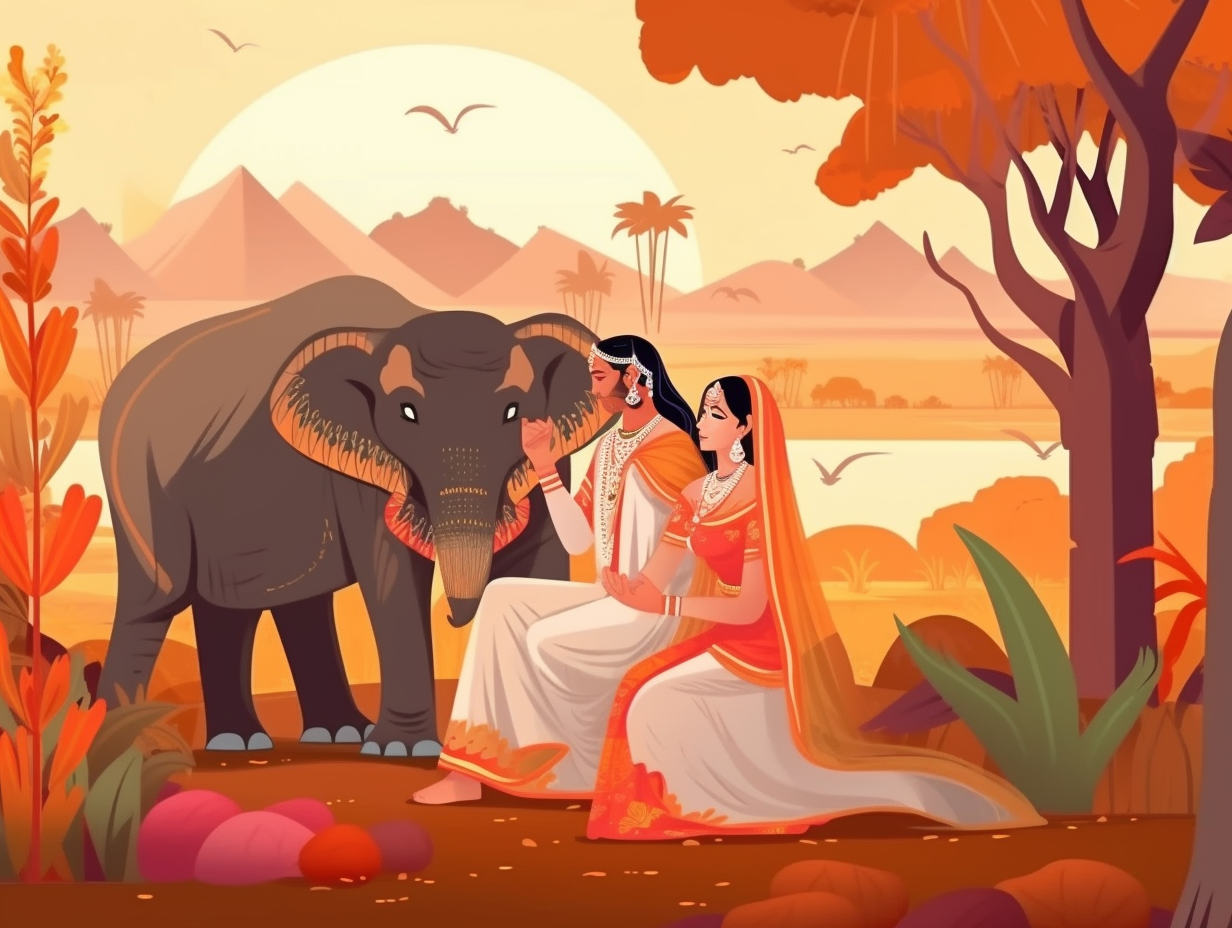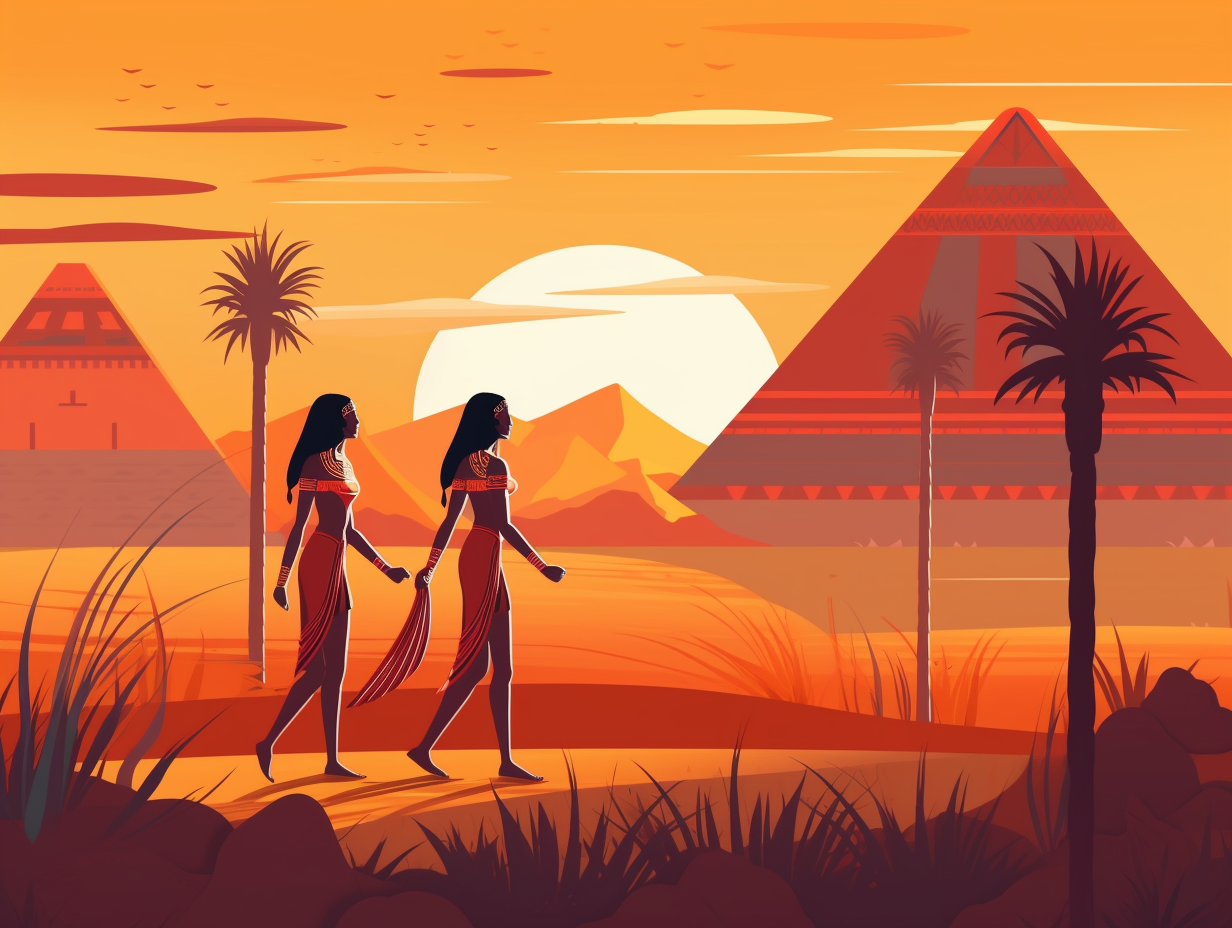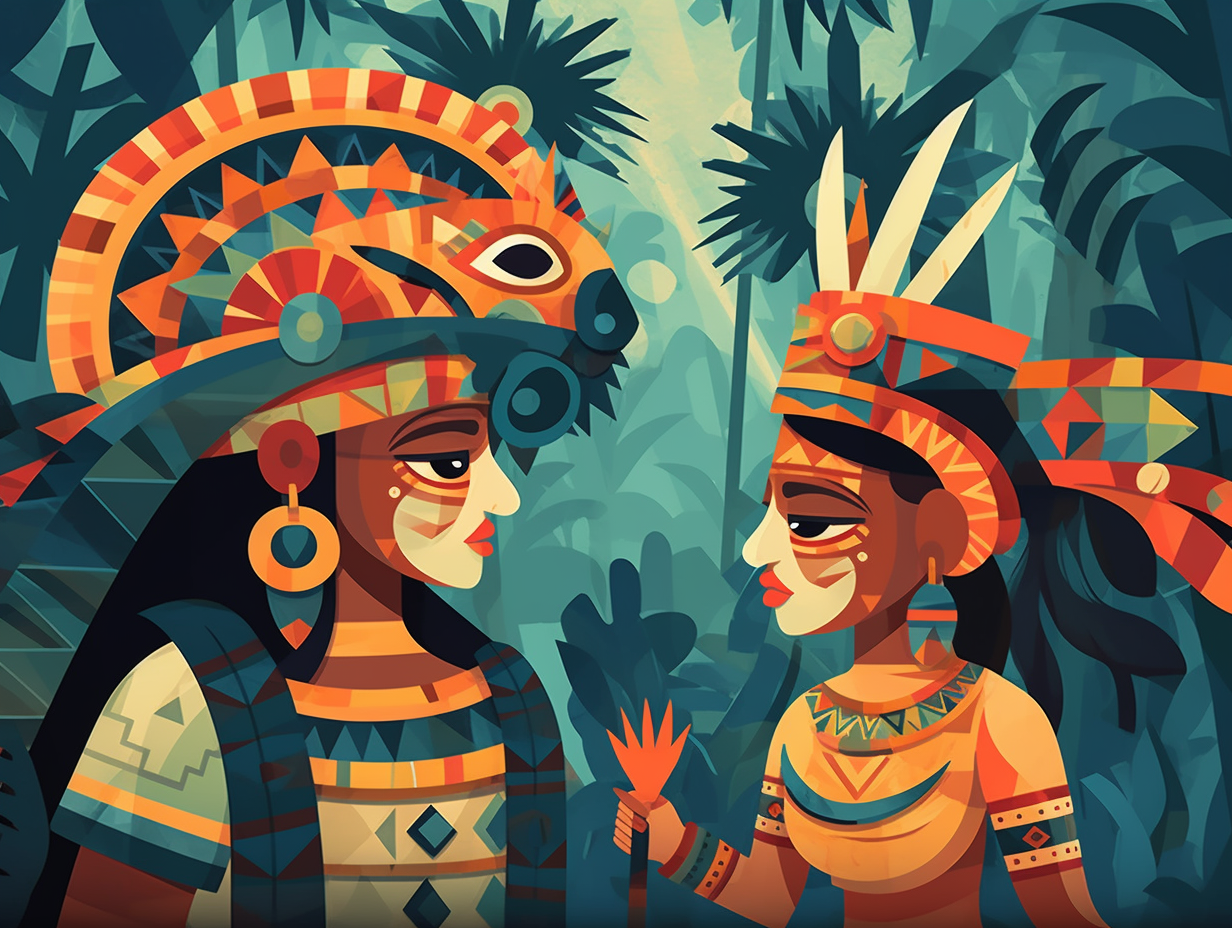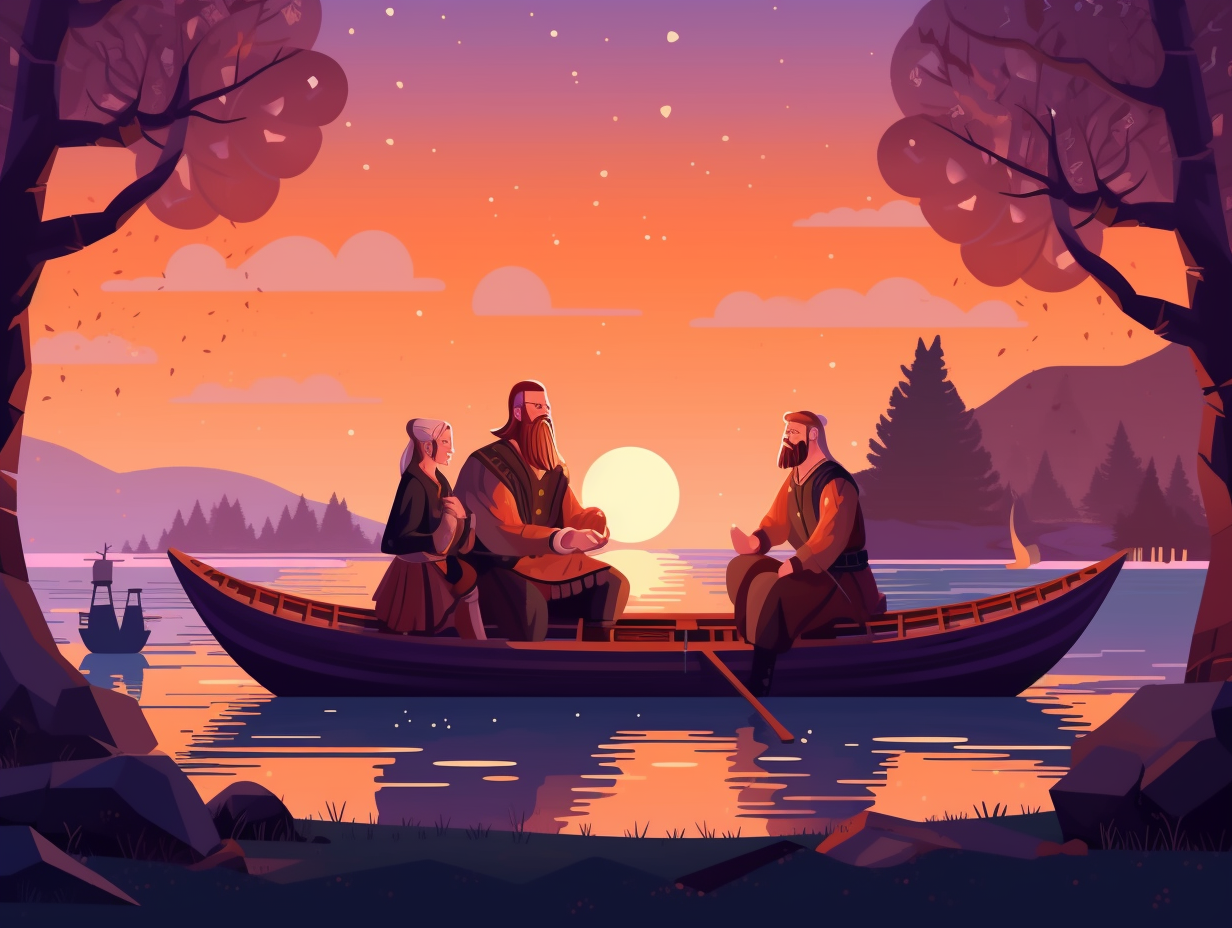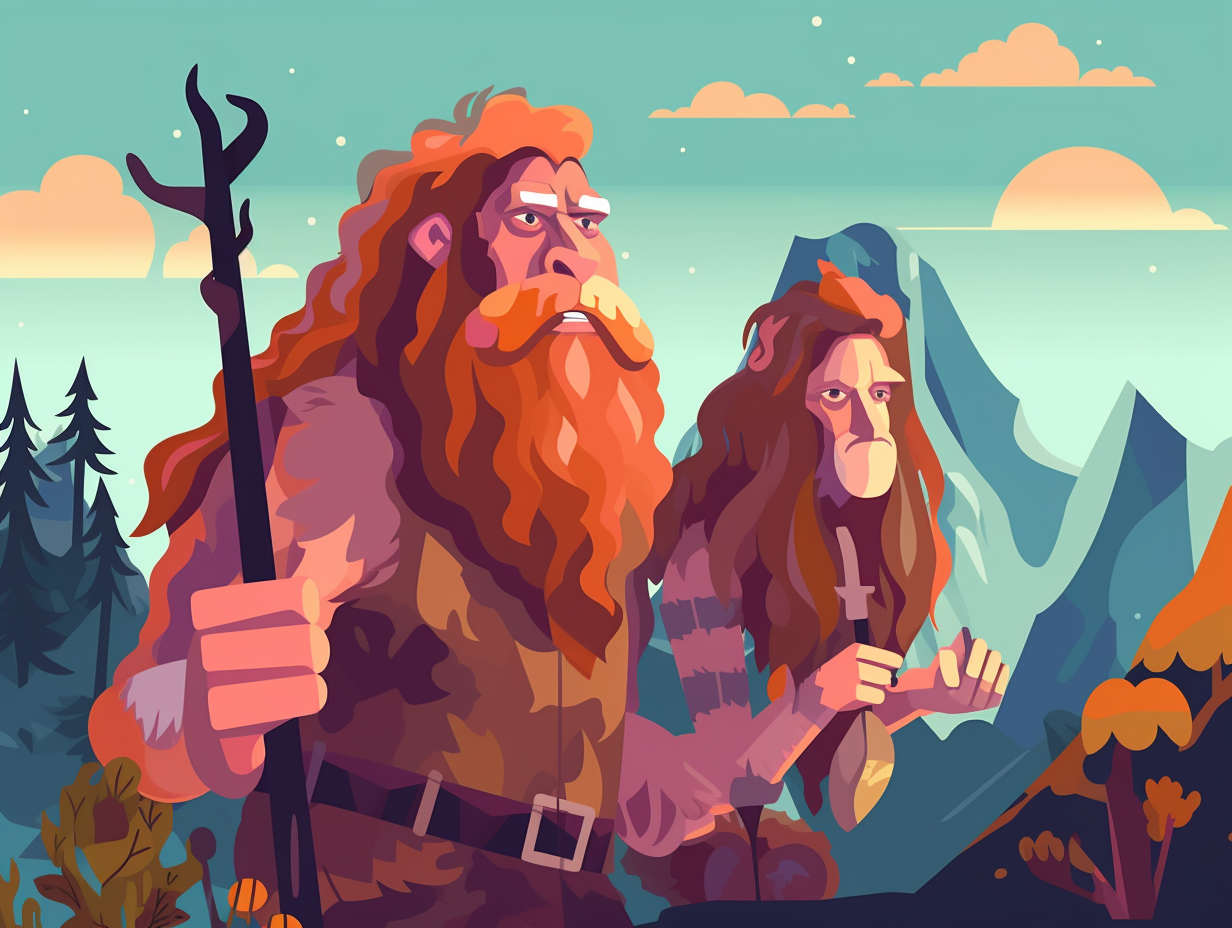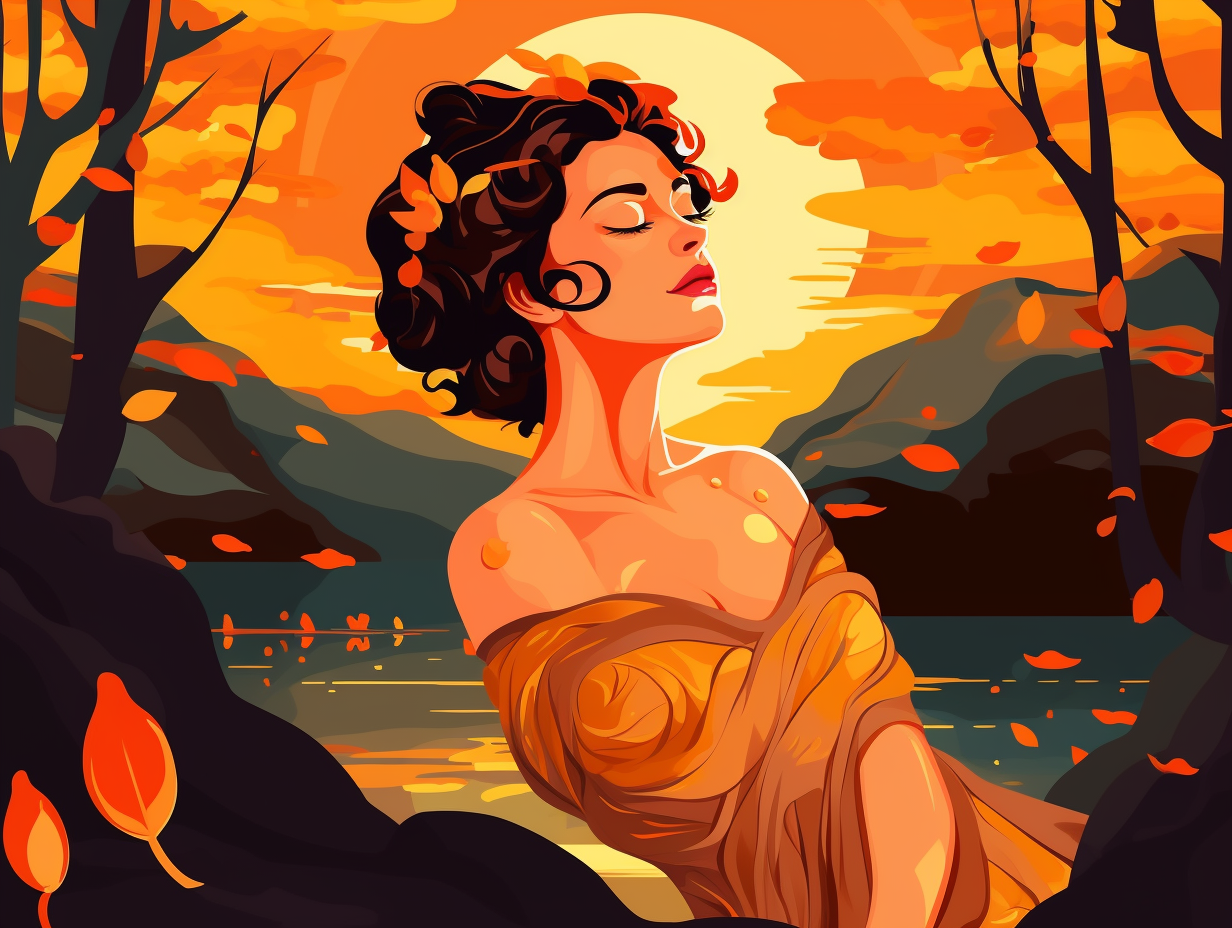Discover the Top 12 Astonishing Fun Facts About Roman Mythology You Never Knew!
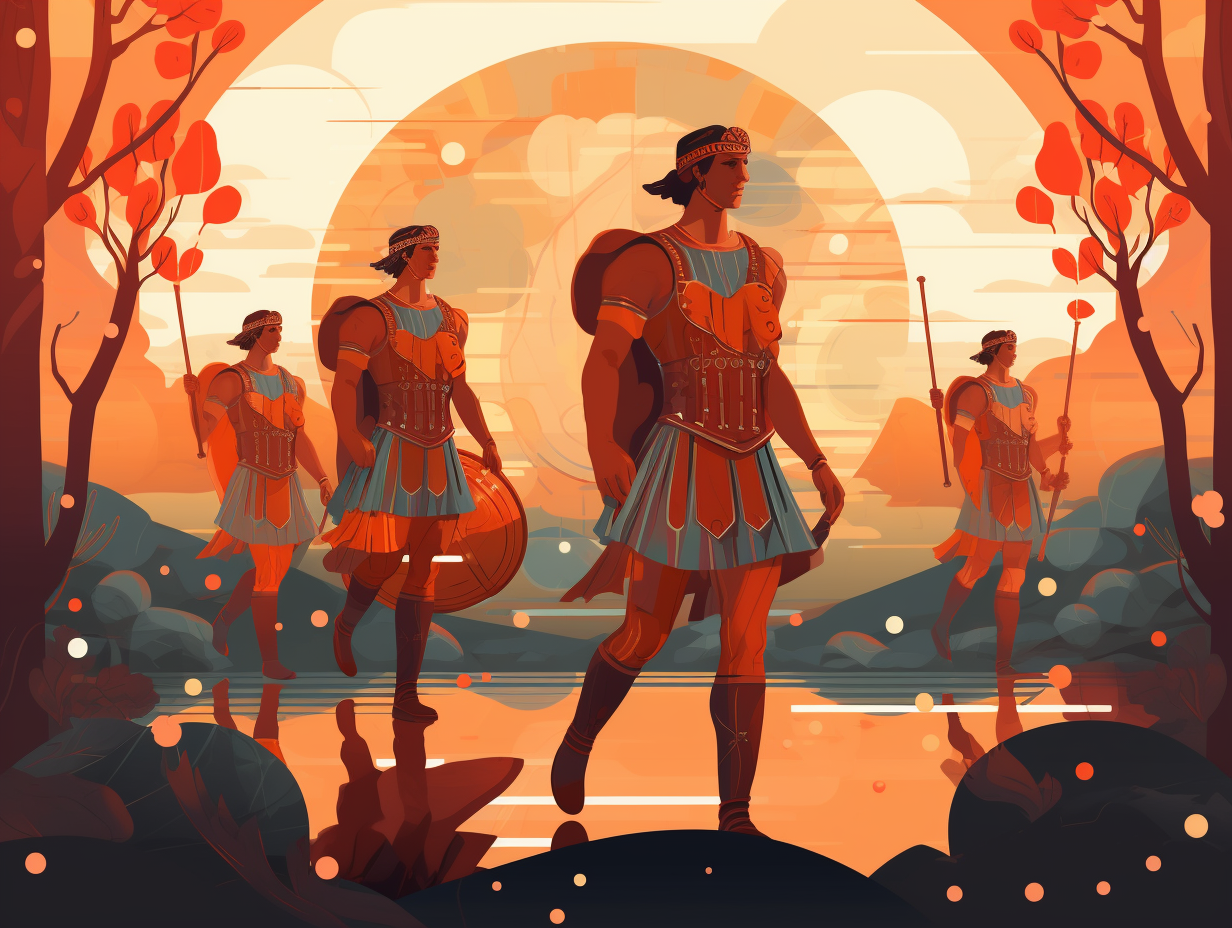
1. Cupid's Two Arrow Styles
Roses are red, violets are blue, Cupid's arrows had two styles — who knew? This classic cherub wasn't all about making hearts race and eyes twinkle; he had a darker side with quite a fickle sprinkle: In Roman mythology, Cupid wielded two different types of arrows - golden ones to induce passion and desire, and lead-tipped ones to instill aversion and the urge to flee, adding a twist to the tales that surround the god of love.
Source => en.wikipedia.org
2. Saturn Biting Off More Than He Could Chew
Move over, bizarre family dinners: in Roman mythology, there's a dad who really bit off more than he could chew! Meet Saturn, the inspiration for Goya's chilling painting "Saturn Devouring His Son": Capturing the tale of Cronus (or Saturn, as the Romans called him), who devoured his offspring at birth because he couldn't stomach the idea of being usurped. This grotesque masterpiece is part of the mysterious Black Paintings collection Goya decorated his house with in the early 1800s, now lurking on the walls of Museo del Prado in Madrid.
Source => en.wikipedia.org

Discover the ancient world's premier shopping destination, Trajan's Market in Rome, a multi-story marvel that featured not only shops but also offices, apartments, and even a library! Explore its rich history and imagine the bustling atmosphere of the past.✨🛍️🏛️
=> Fun Facts about Rome
3. Saturnalia: Ancient Roman Party Time
When life gives you Saturnalia, make merry-tinis: The ancient Roman festival honoring Saturn saw folks ditching their stiff togas for vibrant dinner dresses and freedman's caps, giving gifts galore, and even having enslaved people party it up with banquets, booze, and presents – talk about letting loose for liberty!
Source => getty.edu
4. Romulus, Remus, and Their Wolf Mom
Talk about a howling success story: In Roman mythology, Romulus and Remus, the city's founding twins, were raised by a she-wolf after being abandoned by their human mother and godly father, Mars, near the Tiber River, making this furry foster mom a revered symbol of nurture and protection in Roman culture.
Source => carlos.emory.edu
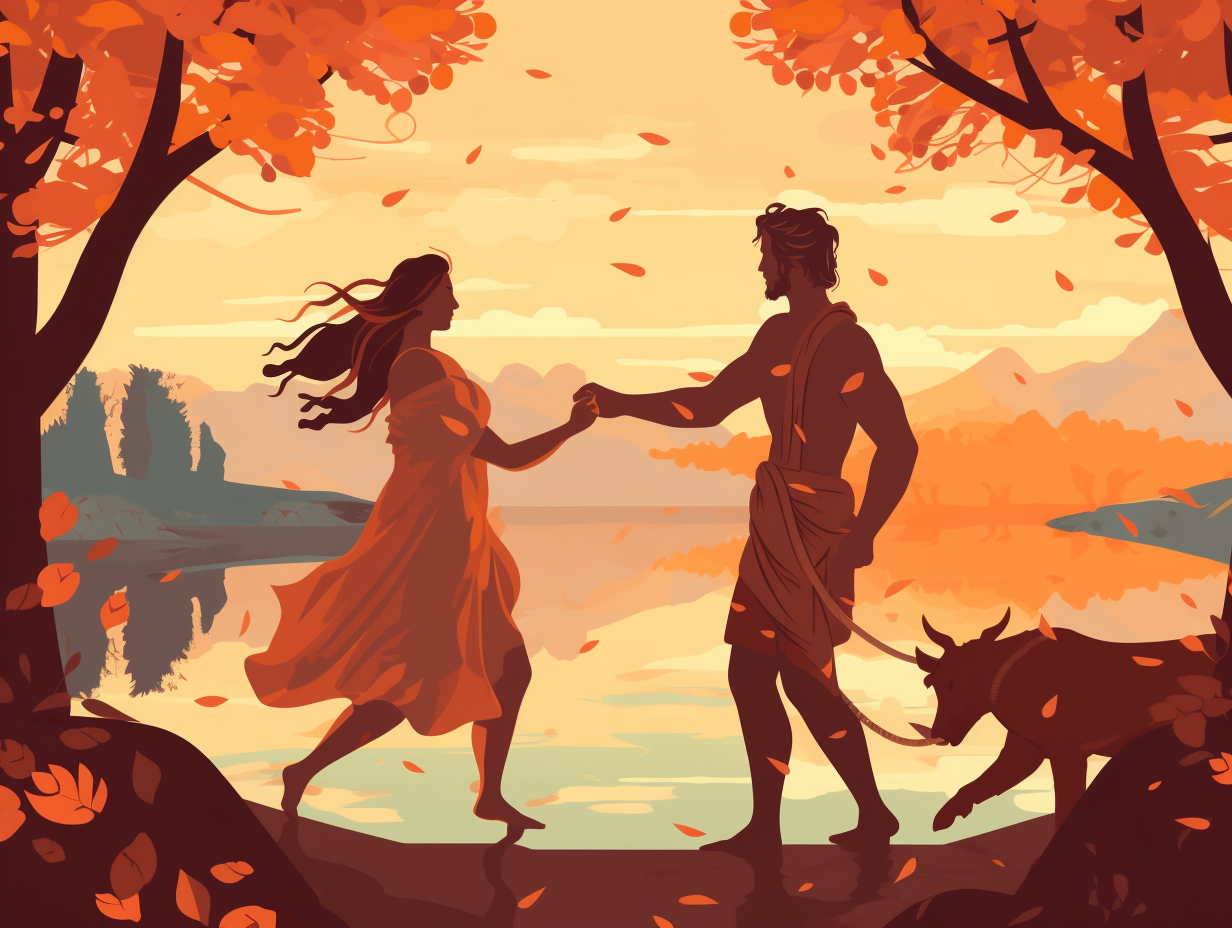
5. Bacchus: More Than a Wine God
If Bacchus were to honor “Cheers”, he'd probably be Norm's best bud: while we might think of him as simply the god of wine and fraternity bro, he had more up his toga than just tipping his goblet. In fact: Bacchus had his divine fingers in agriculture, fertility, and the arts, and threw some seriously wild parties called the Bacchanalia that had the Roman Senate banning them out of moral and political concern – talk about reigning in the fun!
Source => winbirri.com
6. Poseidon and Neptune's Horse Racing Obsession
When the god of the sea is tired of riding the waves, he's galloping through the racetracks: both Poseidon and Neptune were not only in charge of the vast oceans and their wrath but also served as patrons of horse racing and horsemanship – with Poseidon being known as "Hippios," the horse lord, and Neptune as "Neptunus Equester" while still ruling over storms and earthquakes.
Source => westportlibrary.libguides.com
7. Vulcan: The Godly Blacksmith
When life gives you lemons, you make lightning bolts: Vulcan, the limpy god who wasn't exactly what Juno ordered, went on to become the Roman pantheon's super-smith, fashioning the likes of Jupiter's electric coconut-crackers and Mercury's wind-making winged hat.
Source => mythopedia.com
8. Hercules: The Roman Remake
In a classic case of "Now I'm Not Heracles, I'm My Own Original Demigod, Hercules!", the Romans played the ancient world's adaptation game just as skillfully as Hollywood churns out movie remakes today: Heracles and Hercules, while often thought to be the same legendary hero, were in fact two distinct demigods from Greek and Roman mythology respectively. Although they shared a mother and a penchant for feats of strength, Heracles was the original Greek heroic heartthrob later appropriated by Rome and rebranded as Hercules, proving that even in mythology, imitation is the sincerest form of flattery.
Source => ancient-literature.com
9. Mercury: The God of Financial Gain (and Theft!)
Winged shoes and slippery fingers: Mercury, the Roman god of financial gain and commerce, also had an affinity for travelers and thievery. Fun fact - he was pretty much considered the Robin Hood of gods, trading in his woodland attire for some stylish winged footwear and a magic wand given to him by Apollo. A hit among ancient Romans, evidence from Pompeii shows Mercury knew how to make those coins jingle and hearts sing, all while carrying his iconic caduceus, a staff entwined with serpents.
Source => en.wikipedia.org
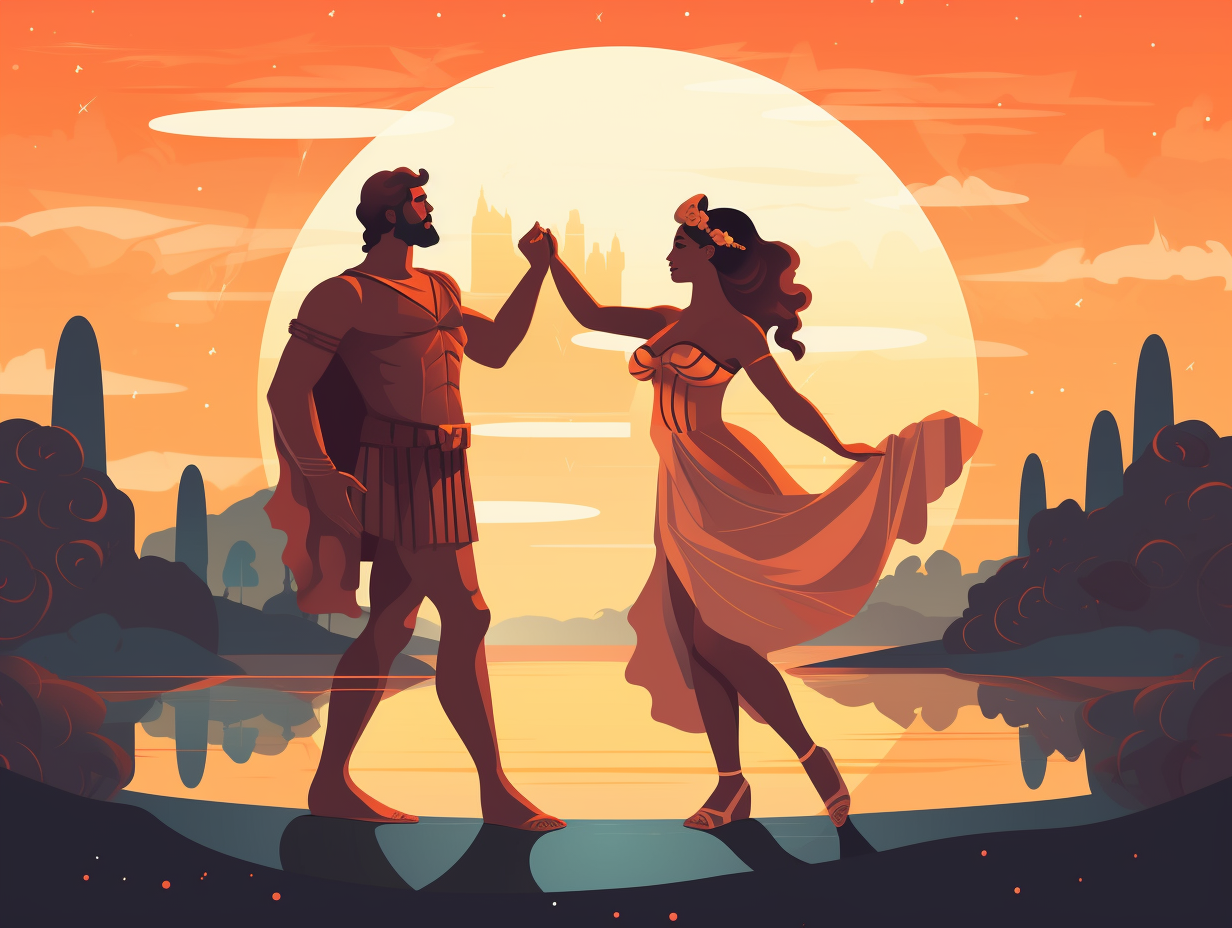
10. Minerva: Goddess of Wisdom and DIY
Move aside Mars, the god of war, make way for his smarter, wiser sister Minerva, who decided to take the high road in life and become the goddess of wisdom, arts, and domestics instead: Minerva (also known as Pallas Athena) led battles for just causes, protected the city of Athens, and even found time to help on household crafts, such as spinning, later inspiring the creation of a popular app called "Pinterest." She was the go-to goddess for institutions of learning, was often seen chilling with an owl (symbolizing wisdom), and even played a part in the legendary Judgement of Paris. Oh, and she had Medusa's head on a platter, courtesy of Perseus. Talk about an overachiever!
Source => nationalgallery.org.uk
11. Heracles vs. the Nemean Lion: A No-Weapon Fight
Everyone knows you shouldn't bring a knife to a gunfight, but imagine bringing nothing at all to fight an invincible lion: In Roman mythology, Heracles had to strangle the Nemean Lion with his bare hands as part of his twelve labors, and after defeating the beast, he wore its impenetrable skin as a fashion-forward, yet practical cloak.
Source => uen.pressbooks.pub
12. Jupiter: Regina George of Roman Mythology
Before Zeus could say "stop trying to make fetch happen," there was Jupiter, the Regina George of Roman mythology: Jupiter was the king of gods and god of the sky and thunder, notorious for wielding a lightning bolt and being dangerously more powerful than every other deity in the pantheon.
Source => britannica.com
Related Fun Facts



